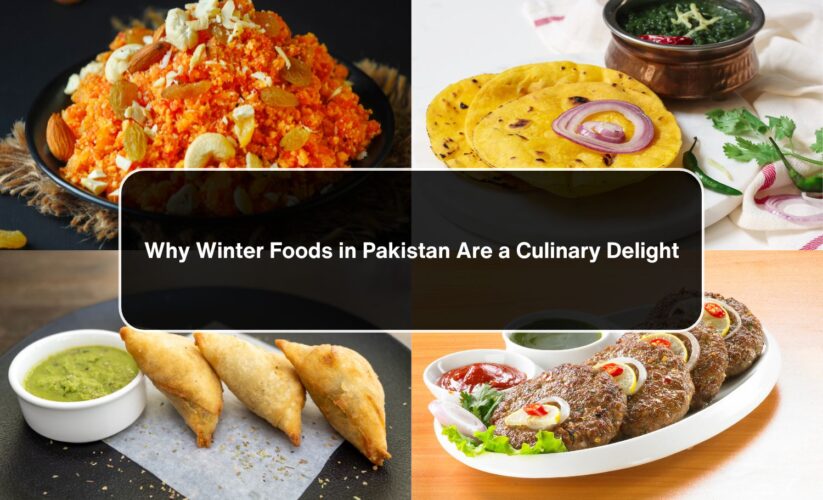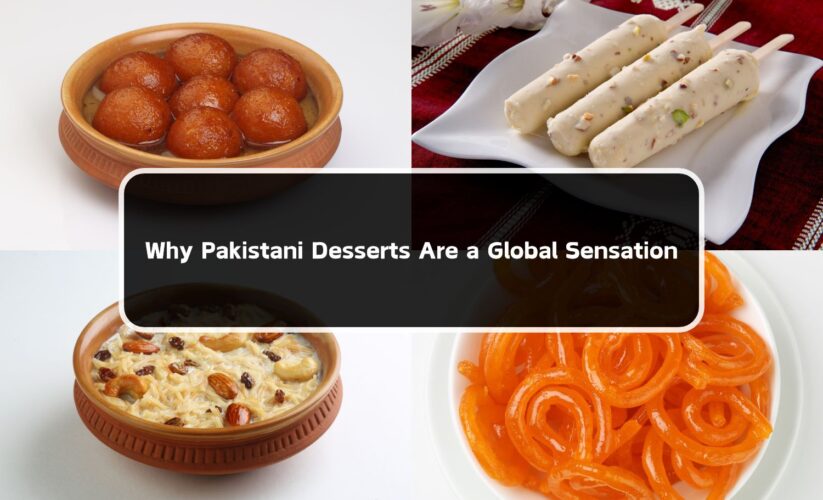
What Makes Pakistani Biryani So Special?
Biryani, the very word conjures images of fragrant steam rising from a mountain of colorful rice, studded with tender meat, aromatic spices, and perhaps a boiled egg or two. This iconic dish, a staple across South Asia, holds a particularly special place in Pakistani cuisine. But what is it that sets Pakistani biryani apart from its counterparts in India, Bangladesh, or elsewhere? What makes it so uniquely delicious and culturally significant? This article delves deep into the heart of Pakistani biryani, exploring its history, ingredients, cooking techniques, regional variations, and the cultural context that makes it so beloved. Moreover, discover the irresistible flavors of authentic Pakistani Biryani at Chef Cooking Resort.
A History Steeped in Influence
The origins of biryani can be traced back to the Mughal Empire, which ruled much of the Indian subcontinent for centuries. It is believed that the dish evolved from a combination of Persian pilaf and local Indian rice dishes. The Mughals, known for their refined tastes and elaborate cuisine, played a key role in popularizing and refining biryani, bringing it to various parts of their vast empire.
With the partition of India in 1947 and the creation of Pakistan, biryani became an integral part of Pakistani culinary identity. The influx of Muslim refugees from India brought with them their own regional variations and family recipes, further enriching the tapestry of Pakistani biryani. Today, biryani is not just a meal in Pakistan; it’s a symbol of celebration, hospitality, and shared heritage.
The Pillars of Pakistani Biryani
Several key elements contribute to the distinctive character of Pakistani biryani:
Basmati Rice: The foundation of any good biryani is high-quality basmati rice. Known for its long grains, delicate aroma, and fluffy texture when cooked, basmati is essential for achieving the perfect biryani consistency. The rice is typically parboiled before being layered with the other ingredients.
Meat (or Alternatives): While chicken and mutton (goat) are the most common choices, beef, fish, and even vegetables are used in various regional variations. The meat is usually marinated in a mixture of yogurt, ginger-garlic paste, and spices, which tenderizes it and infuses it with flavor.
The Spice Symphony: The heart and soul of Pakistani biryani lie in its complex blend of spices. This typically includes:
Whole Spices: Bay leaves, cardamom pods (both green and black), cloves, cinnamon sticks, and peppercorns provide a base of warm, aromatic notes.
Ground Spices: Coriander powder, cumin powder, turmeric powder, red chili powder (for heat), and garam masala (a blend of ground spices) add depth and complexity.
Aromatic Enhancers: Saffron strands (for color and aroma), rose water (for a subtle floral note), and kewra water (extracted from the screwpine flower, offering a unique fragrance) are often used to elevate the dish.
Yogurt and Onions: Yogurt plays a crucial role in marinating the meat and creating a rich, creamy gravy. Fried onions, known as birista, add a sweet and crispy element to the dish.
The Art of Layering (Dum): The traditional cooking method for biryani is dum, a slow cooking process where the ingredients are layered in a pot and cooked over low heat, often with a tightly sealed lid. This allows the flavors to meld together beautifully, creating a harmonious and aromatic dish.
Regional Variations: A Culinary Kaleidoscope
Pakistan’s diverse geography and cultural landscape have given rise to various regional styles of biryani, each with its own unique characteristics:
Sindhi Biryani: Originating from the Sindh province, this style is known for its generous use of spices, particularly green chilies, which give it a fiery kick. Potatoes and plums (aloo bukhara) are also common additions, adding sweetness and texture.
Punjabi Biryani: From the Punjab province, this version tends to be milder in spice compared to Sindhi biryani. It often includes potatoes and sometimes features a tomato-based gravy.
Memoni Biryani: This style, associated with the Memon community, is known for its use of fried onions, potatoes, and a unique spice blend that includes mint and coriander leaves. It is generally spicier than Punjabi biryani but less so than Sindhi biryani.
Hyderabadi Biryani (Influence): While originating in Hyderabad, India, the influence of Hyderabadi biryani is significant in Pakistan, particularly in Karachi. This style is known for its kacchi (raw) method, where the meat and rice are layered together raw and cooked simultaneously, resulting in a richer and more intense flavor.
The Cultural Significance of Biryani
In Pakistan, biryani is more than just a meal; it’s an integral part of social gatherings, celebrations, and family meals. It’s a dish that brings people together, fostering a sense of community and shared heritage.
Weddings and Celebrations: Biryani is a staple at Pakistani weddings and other festive occasions. Its presence symbolizes abundance, prosperity, and joy.
Family Gatherings: Sharing a plate of biryani is a common way for families to bond and connect. It’s a dish that is often prepared with love and shared with warmth.
Street Food Culture: Biryani is also a popular street food in Pakistan, with countless vendors offering their own unique versions. This makes it an accessible and affordable meal for people from all walks of life.
Beyond the Plate
The popularity of Pakistani biryani has extended beyond the borders of the country, with restaurants and takeaways serving it in various parts of the world. This has helped to introduce Pakistani cuisine to a wider audience and further solidify biryani’s status as a global culinary icon.
Read Also: Pakistani Cuisine: Discover the Spice of Life
Conclusion
What makes Pakistani biryani so special is a combination of factors: its rich history, the careful selection of ingredients, the intricate cooking techniques, the diverse regional variations, and, most importantly, its deep cultural significance. It is a dish that embodies the flavors, traditions, and spirit of Pakistan. From the fragrant steam rising from the pot to the first flavorful bite, Pakistani biryani is an experience that delights the senses and nourishes the soul. It’s a testament to the power of food to connect people, celebrate heritage, and create lasting memories. It is, without a doubt, a culinary treasure worth exploring and savoring.





